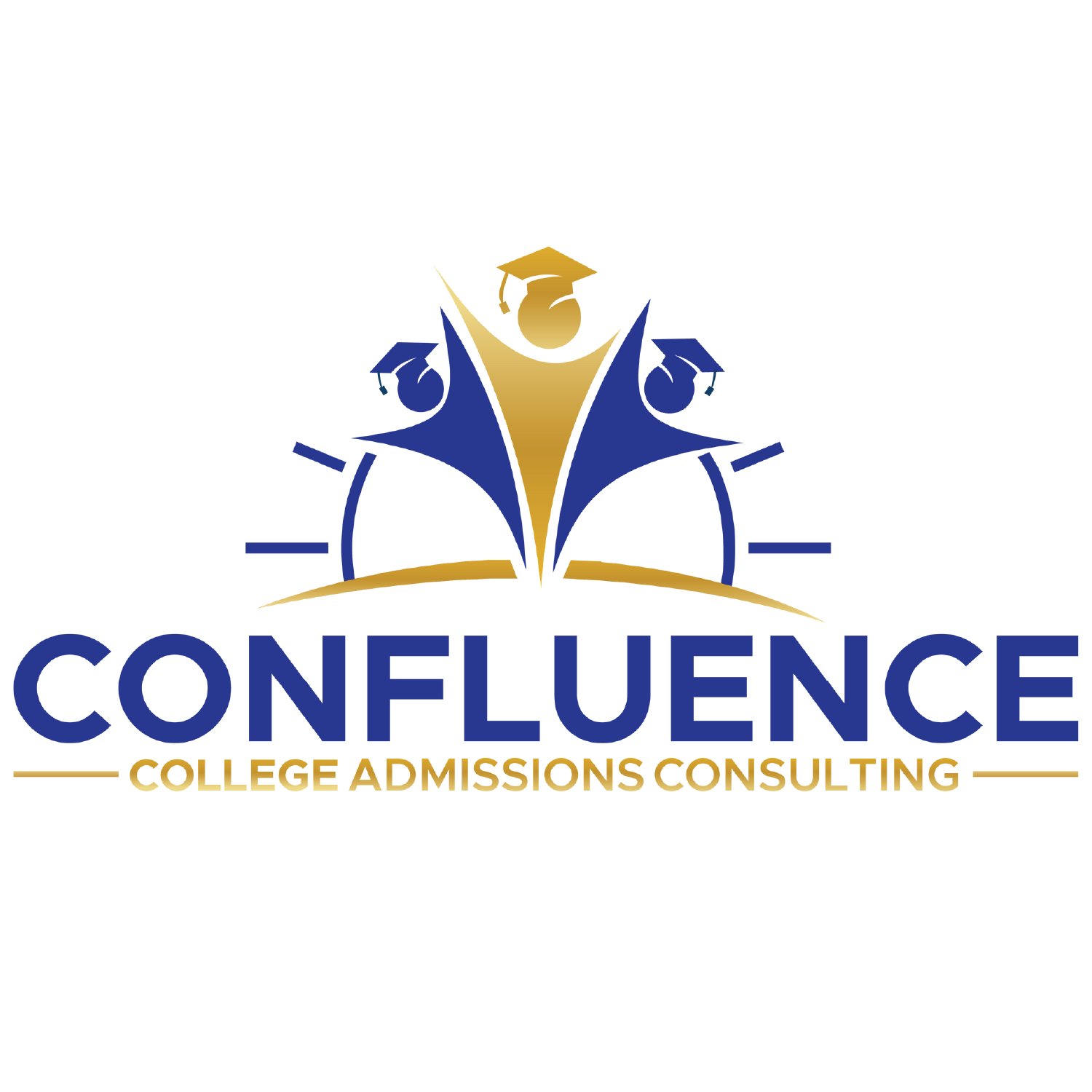The adjunct problem
In American popular culture, there exists a pervasive and malignant myth that college professors make tons of money, live extravagant lifestyles, and impose their ideological dogmas on unwitting students. I hear all the time that colleges and universities are "brainwashing centers" for "socialist elites," or various permutations thereof.
I taught college students for thirteen years at several different types of institutions. I can assure you that this is not the case. Few college professors make a lot of money (the exception would be some faculty in engineering and business). Few lead fancy lifestyles. The people I worked with are passionate about their subject area of expertise, but not about ideological indoctrination. In fact, many of the people teaching college students today are adjuncts—meaning they don't have a full-time position, don't receive health insurance or other benefits, and in some cases, live on the edge of poverty. Many are just barely getting by financially.
That is why, when selecting colleges, it's important to consider what percentage of a college or university's faculty are full-time, and how many are tenured or tenure track. These things don't guarantee a higher quality of education, but I'd rather attend a college that treats its faculty humanely than one that has part-time faculty coming to class after spending the night in their cars. Faculty who live on a decent salary and receive good health care are likely to be far better equipped to assist students than those who are being exploited by a corrupt and inequitable system.
Some colleges with the highest percentage of full-time faculty include the following:
College of the Atlantic
University of Wyoming
University of Pennsylvania
Beacon College
University of Delaware
Rose-Hulman Institute of Technology
Centre College
Utah State University
Johns Hopkins University
Kenyon College
There are so many factors to consider when selecting a college—or even deciding whether or not college is the right path for you. Let me help. If you'd like to receive timely expert advice on your college process, use the contact form on my website to schedule your free consultation.
#collegecounseling
